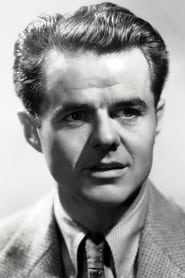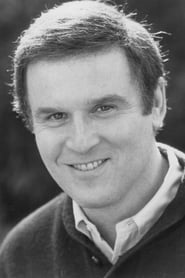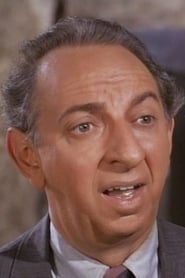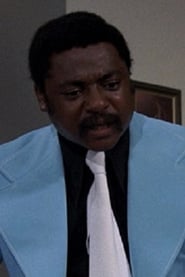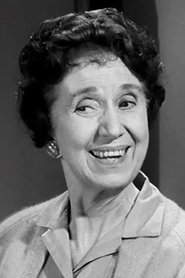Cast
View AllMia Farrow
as Rosemary Woodhouse
John Cassavetes
as Guy Woodhouse
Ruth Gordon
as Minnie Castevet
Sidney Blackmer
as Roman Castevet
Maurice Evans
as Hutch
Ralph Bellamy
as Dr. Sapirstein
Victoria Vetri
as Terry
Patsy Kelly
as Laura-Louise
Elisha Cook Jr.
as Mr. Nicklas
Emmaline Henry
as Elise Dunstan
Charles Grodin
as Dr. Hill
Hanna Landy
as Grace Cardiff
Phil Leeds
as Dr. Shand
D'Urville Martin
as Diego
Hope Summers
as Mrs. Gilmore
Crew
Director
- Roman Polanski
Producer
- William Castle
- Robert Evans
Reviews
CinemaSerf
I've never found Mia Farrow to be a very versatile actor, but she certainly delivers the best performance of her career in this gripping story of Satanic manipulation. "Rosemary" is married to "Guy" (John Cassavetes) and they live in one of those lovely great buildings that overlook New York's Central Park. Their neighbours are a bit eccentric, to day the least, with "Minnie" (the almost perfect Ruth Gordon) and "Roman" (Sidney Blackmer) chief amongst those who take an increasing interest in this couple when it appears that a baby is on the way. Gradually, she begins to suspect that something is amiss with not just her pregnancy, but with her marital relationship as she seems to see less and less of those previously close to her and becomes little better than a prisoner in her own apartment. She is becoming increasingly paranoid, confused and resentful of a seemingly indofferent husband who seems content to let just about everyone interfere as the due date approaches. This is also Roman Polanski at his best as he manages to amalgamate the sinister and the coercive with the religiosity of a story that exudes menace and panic whilst also calling into question established societal values around faith and trust. It's almost claustrophobic by design, and their small apartment soon takes on the mantle of a cell occupied by a woman who is very much not in control of her own destiny - whichever way she tries to turn, and with the careful use of a score from Christopher Komeda that could rival Bernard Herrmann then we have a story of visceral fear that looks great on a big screen. Gripping and genuinely quite terrifying at times, it's amongst the best of this genre.
Oct 6, 2024
Thematic Analysis
This Drama/Horror/Thriller film explores themes of fear and survival, delving into the psychological aspects of human nature when confronted with the unknown. Rosemary's Baby presents a unique perspective on the horror genre by focusing on the psychological terror rather than relying on typical jump scares.
Director Roman Polanski brings their distinctive visual style to this film, continuing their exploration of themes seen in their previous works while adding new elements. Their approach to character development and emotional depth creates a viewing experience that rewards close attention.
Released in 1968, the film exists within a cultural context that now offers viewers historical perspective on the social issues of that era. Its critical acclaim reflects its artistic achievements and its place in cinema history.
Did You Know?
- The production of Rosemary's Baby took approximately 7 months from pre-production to final cut.
- With a budget of $3.2 million, the film proved to be a financial success, earning back its investment and more.
- The final cut of the film runs for 138 minutes, though the director's initial assembly was reportedly 188 minutes long.
- The director insisted on using practical effects whenever possible, reserving CGI for only the most necessary scenes.
- The film contains approximately 1397 individual shots.
- The cast underwent specialized training for 2 weeks before filming began.
Historical Context
- In 1968, when this film was released:
- The space race between the USSR and USA was at its height.
- Counterculture movements were challenging traditional values.
- The film industry was dominated by major studios, with independent cinema still in its early development.
How This Film Stands Out
While Rosemary's Baby shares thematic elements with other films in its genre, it distinguishes itself through its unique approach to storytelling, visual style, and character development.
Unlike The Man with the Golden Gun, which focuses more on action than character development, Rosemary's Baby subverts genre expectations by exploring its themes with greater nuance.
While films like Contact and Dead Man Walking explore similar territory, Rosemary's Baby stands apart through its deeper exploration of its central themes and more complex characterization.
This film's unique contribution to cinema lies in its thoughtful balance of entertainment value and thematic depth, making it a valuable addition to its genre.
Details
- Release Date: June 12, 1968
- Runtime: 2h 18m
- Budget: $3,200,000
- Revenue: $33,395,426
Where to Watch
















